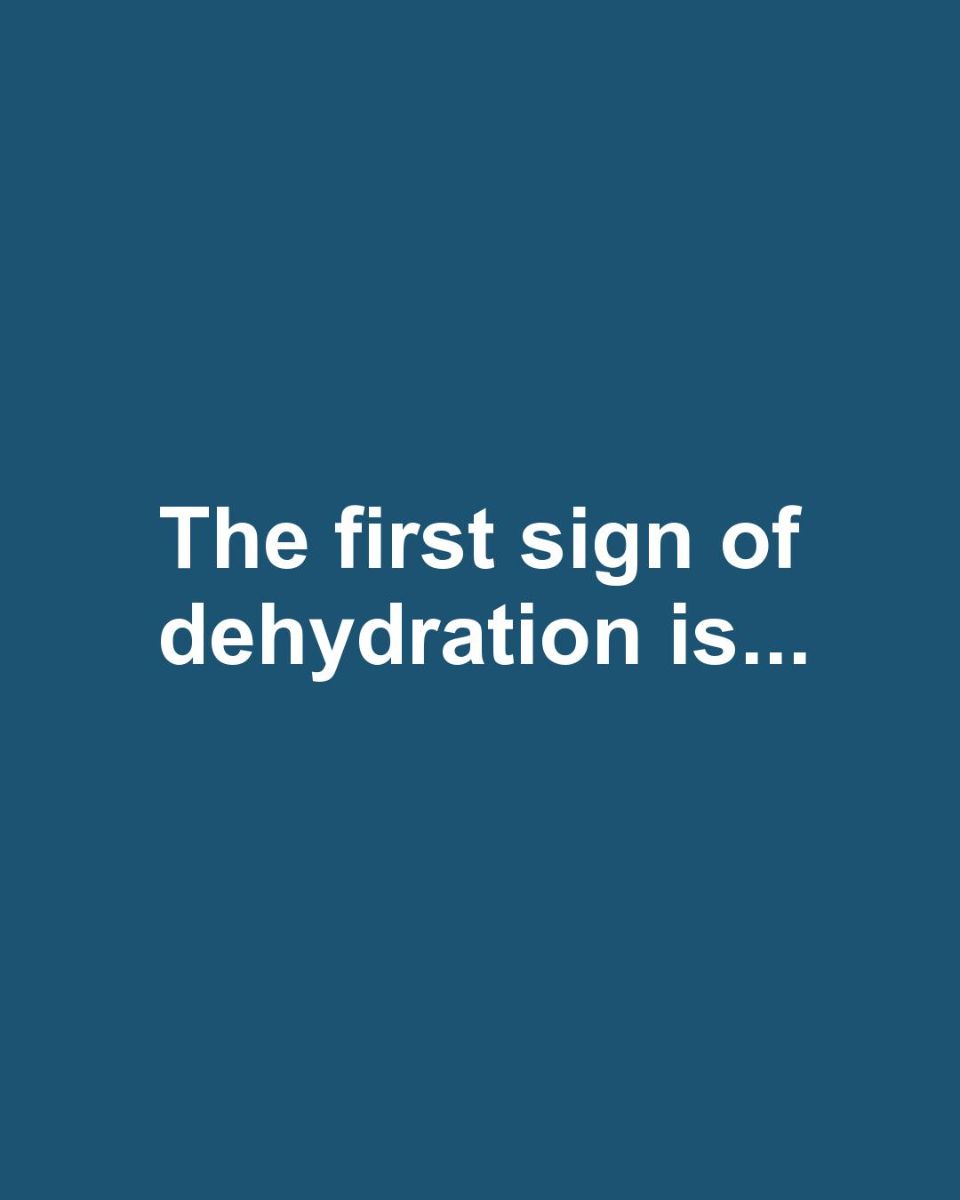Know the signs in advance!
Dehydration occurs when the body loses more fluids than it takes in, leading to an insufficient amount of water to carry out normal functions. It can affect anyone, but is particularly dangerous for young children and older adults. Understanding the signs and symptoms of dehydration is crucial for maintaining health and preventing complications.
Understanding the Importance of Hydration
Hydration is vital for maintaining the balance of bodily fluids, which are essential for various physiological processes, including digestion, circulation, absorption, and temperature regulation. Proper hydration supports cognitive function, physical performance, and overall well-being. Without adequate water intake, these processes can be disrupted, leading to adverse health effects.
Common Causes of Dehydration
Dehydration can result from a variety of factors, including excessive sweating, fever, vomiting, diarrhea, and increased urination due to conditions like diabetes. Environmental factors such as hot weather, high altitude, and physical exertion can also contribute to fluid loss. Additionally, certain medications and inadequate water intake can exacerbate the risk of dehydration.
Recognizing the Early Signs of Dehydration
Early detection of dehydration is key to preventing its progression to more severe stages. Initial signs can be subtle and easily overlooked, but recognizing them can help in taking timely action to restore fluid balance. These signs often include thirst, dry mouth, fatigue, and decreased urine output.
The First Sign of Dehydration: Thirst


